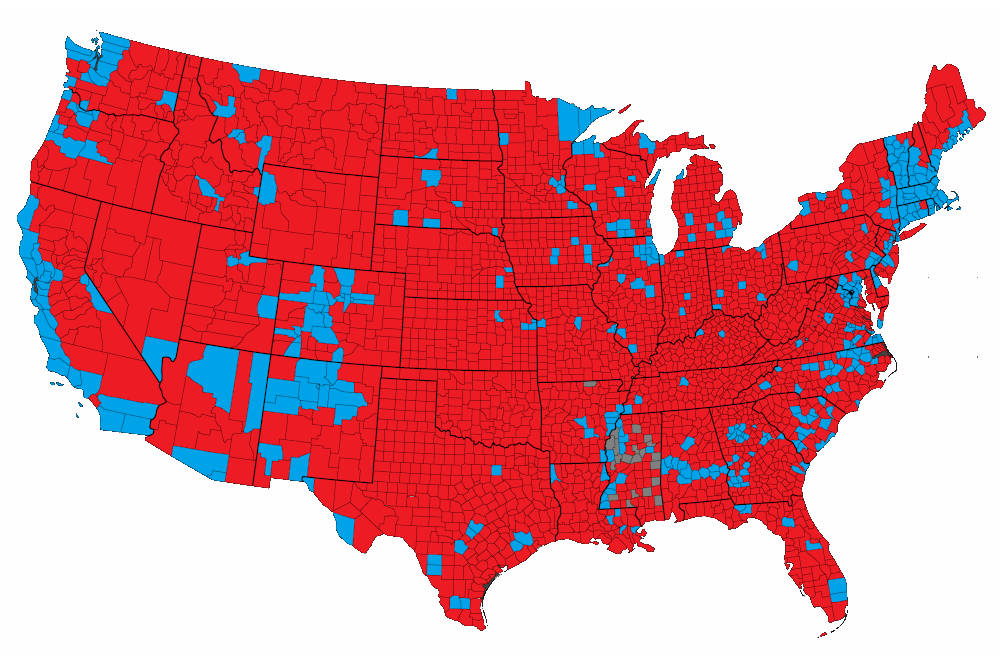
For decades, Americans have relied on experts—scientists, economists, and policy leaders—to guide decisions on public health, the economy, and national security. Yet in recent years, trust in these institutions has sharply declined. From inconsistent messaging during crises to perceived ideological bias, many Americans are questioning whether “expertise” always serves the public interest. Understanding this loss of trust is critical for conservatives and concerned citizens alike.
Panaprium is independent and reader supported. If you buy something through our link, we may earn a commission. If you can, please support us on a monthly basis. It takes less than a minute to set up, and you will be making a big impact every single month. Thank you!
The Decline of Trust in Experts
Public confidence in traditional institutions has fallen across multiple sectors:
-
Government agencies: Surveys indicate declining trust in federal and state authorities, especially regarding economic forecasts, health policy, and regulatory decisions.
-
Scientific and academic institutions: Contradictory studies, shifting guidelines, and perceived political influence have fueled skepticism.
-
Media and think tanks: Experts often provide commentary that aligns with progressive narratives, leading some Americans to doubt impartiality.
This erosion of trust has profound political and cultural implications, as citizens increasingly seek alternative sources of information.
High-Profile Failures Undermine Credibility
Several key events have contributed to public skepticism:
-
Economic forecasts vs. reality: Predicted booms or crises that failed to materialize created doubt in economic authorities.
-
Public health messaging: Inconsistent guidelines during recent crises left many questioning the reliability of health institutions.
-
Policy missteps: Large-scale initiatives with unintended consequences, from regulations to infrastructure projects, have highlighted disconnects between experts and everyday Americans.
For conservatives, these failures underscore the importance of independent analysis, transparency, and accountability.
Political and Cultural Implications
The decline in trust affects more than policy—it shapes politics and culture:
-
Rise of alternative media: Americans are turning to independent outlets, conservative commentators, and grassroots reporting.
-
Electoral behavior: Voter skepticism toward experts can influence elections, particularly in swing regions or contentious issues.
-
Polarization: Disagreement over expert authority contributes to ideological divides, reinforcing Red and Blue perspectives.
When institutions fail, citizens seek voices they perceive as truthful and relatable, often outside mainstream structures.
Why Conservatives See This as an Opportunity
The erosion of trust in institutions provides a unique chance for conservatives to:
-
Promote transparency and accountability: Highlight inconsistencies and ideological bias in mainstream expert claims.
-
Support community-driven expertise: Encourage local, independent analysis over centralized, politically influenced recommendations.
-
Amplify independent voices: Digital platforms allow conservatives to share research, commentary, and analysis directly with audiences.
By emphasizing truth, responsibility, and practical solutions, conservatives can rebuild confidence in leadership that aligns with American values.
The Role of Alternative Media and Digital Platforms
Independent conservative media has become essential in this landscape:
-
YouTube, Rumble, and podcasts: Provide analysis that bypasses mainstream gatekeeping.
-
Newsletters and community networks: Offer detailed reporting and context that traditional media often omits.
-
Grassroots engagement: Readers and viewers can directly interact with creators, fostering trust and loyalty.
These channels empower conservatives to set the record straight and educate audiences, countering biased or misleading expert narratives.
The Future of Trust in America
Rebuilding trust requires accountability, transparency, and reliability. Conservatives emphasize:
-
Independent thinking over blind deference to authority.
-
Policies guided by principles and evidence rather than ideology.
-
Community and local engagement to ensure practical, real-world solutions.
As Americans continue to question institutions, conservatives have the opportunity to offer clarity, fairness, and a principled approach to governance and public discourse.
Conclusion: When Experts Fail, Citizens Take Notice
The decline of trust in experts is a defining challenge for America. Missteps, bias, and inconsistent guidance have left citizens seeking reliable, transparent, and accountable voices.
For conservatives, this is not just a critique—it is an opportunity to educate, inform, and influence public discourse. By providing fact-based, principled analysis, conservatives can help Americans navigate complex issues while restoring confidence in leadership and institutions that truly serve the people.
Was this article helpful to you? Please tell us what you liked or didn't like in the comments below.
Disclaimer: The above content do not necessarily reflect the opinions of Panaprium. Panaprium does not guarantee, vouch for or necessarily endorse any of the above content, nor is responsible for it in any manner whatsoever. Any opinions expressed here are based on personal experiences and should not be viewed as an endorsement or guarantee of specific outcomes. Political commentary should be taken with a critical perspective due to the subjective nature of politics.
About the Author: Alex Assoune
What We're Up Against
Multinational corporations overproducing cheap products in the poorest countries.
Huge factories with sweatshop-like conditions underpaying workers.
Media conglomerates promoting unethical, unsustainable products.
Bad actors encouraging overconsumption through oblivious behavior.
- - - -
Thankfully, we've got our supporters, including you.
Panaprium is funded by readers like you who want to join us in our mission to make the world entirely sustainable.
If you can, please support us on a monthly basis. It takes less than a minute to set up, and you will be making a big impact every single month. Thank you.


















0 comments